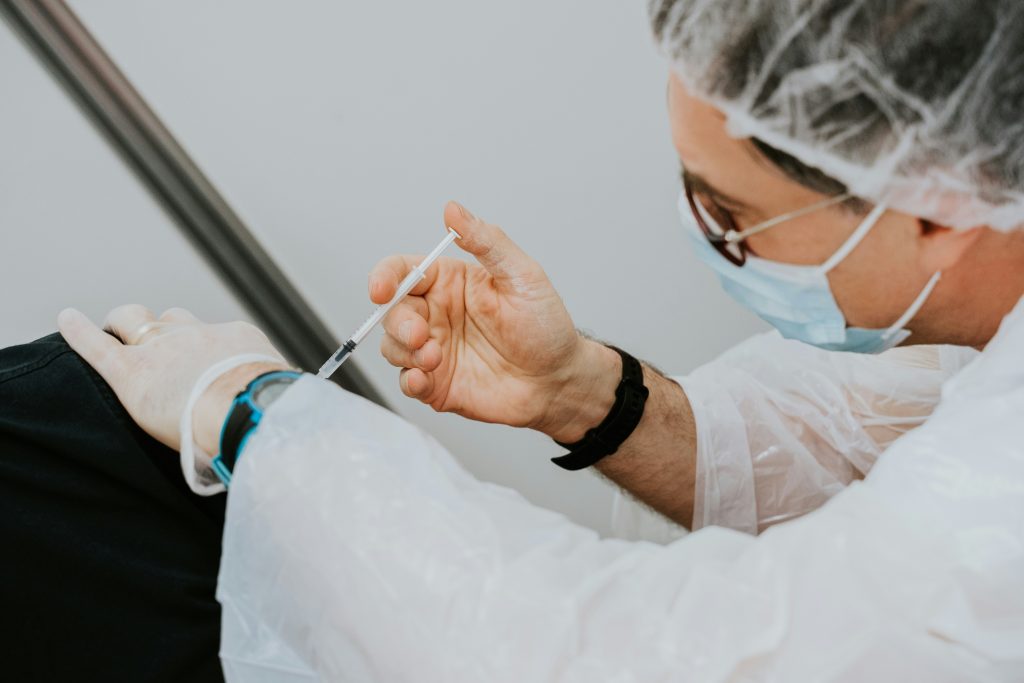In the realm of clinical trials, placebos play a pivotal role in ensuring the reliability and validity of research outcomes. Often misunderstood, placebos are inert substances or treatments that resemble the active intervention being tested but lack the active ingredient. Their primary function is to serve as a control against which the effects of the active treatment can be measured objectively.
What Exactly is a Placebo?
A placebo can take various forms, such as a sugar pill, saline solution, or even a procedure that mimics the active treatment without actually delivering therapeutic effects. It is crucial in clinical trials because it helps researchers distinguish between the true effects of a new treatment and the effects that might occur due to psychological or subjective factors, often referred to as the placebo effect.
The Purpose of Placebos in Clinical Trials
- Control Group Standardization: Placebos are administered to the control group in clinical trials, which typically consists of participants who receive no active treatment or the standard treatment currently used. This group provides a baseline against which the effects of the experimental treatment can be measured. By comparing outcomes between the experimental and control groups, researchers can determine whether the new treatment offers significant benefits beyond what would occur naturally or due to placebo effects.
- Eliminating Bias and Ensuring Objectivity: In double-blind studies, neither the participants nor the researchers know who is receiving the active treatment or the placebo until the study concludes. This practice helps eliminate bias and ensures that the results are objective and unbiased. It prevents researchers from inadvertently influencing outcomes based on their expectations or beliefs about the treatment’s efficacy.
- Ethical Considerations: Using placebos ethically requires careful consideration. While they are essential for establishing the effectiveness of new treatments, researchers must balance the need for scientific rigor with ethical standards. Participants must be fully informed about the potential for receiving a placebo and understand that their participation is crucial for advancing medical knowledge.
Conclusion
In conclusion, placebos are indispensable tools in clinical trials, serving to validate the effectiveness of new treatments objectively. By providing a standard against which experimental treatments are measured, they ensure that the results are credible and meaningful. Understanding their role helps researchers and participants alike contribute to the advancement of medical science while upholding ethical standards in clinical research.
This blog post aims to clarify the purpose and significance of placebos in clinical trials without using terms that are to be avoided on the Celeste Kinglaw website.

